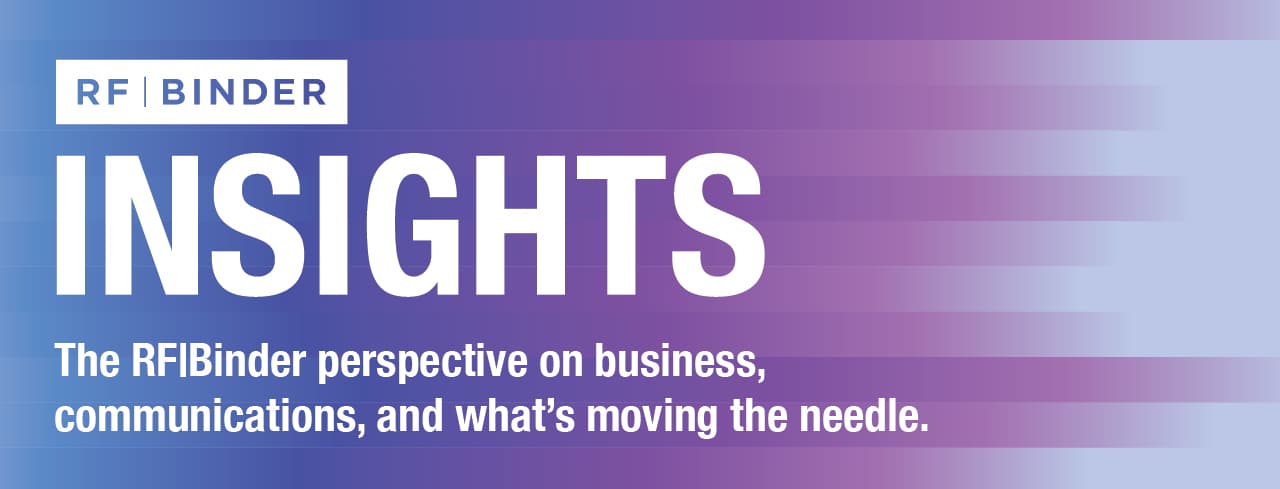April is Earth month! As we’ve gotten closer and closer to this week’s 50th anniversary celebration, we’ve been asking ourselves some key questions. Is it okay to celebrate Earth Day in the middle of a pandemic? Are we allowed to put our panic on pause for a moment to, literally, smell the roses? It may feel counterintuitive to express appreciation for the natural beauty that surrounds us, or for companies to seek recognition for their environmental progress. It also feels odd to reprimand organizations that aren’t doing enough for the planet – aren’t we all dealing with enough right now without piling on about carbon footprint?
When it comes to climate change, paradoxically, the COVID-19 pandemic has simultaneously created an excuse for bad behavior, while also serving as inspiration and an opportunity for regeneration and deepened commitments. While the connection between climate and coronavirus was not immediately obvious, we’ve identified some of the good – and some of the less good – that we’re seeing.
Good: Carbon emissions are down.
Less good: They won’t stay that way unless we act quickly.
Yes, our planet is a bit cooler today than it was five years ago when we started experiencing a string of “hottest year ever” reports. In fact, estimates are that we’ll see at 6% drop in carbon emissions this year – so close to the 7% needed to achieve the Paris Agreement goals! But as soon as factories are turned back on, cars hit the roads again, and planes return to the skies, we’ll lose any momentum we’ve started to gain.
Good: Cities, corporations and people see opportunity to rebuild in new, regenerative ways post-COVID.
As just one example, Amsterdam is embracing the model set forth by Kate Raworth in her book Doughnut Economic: Seven Ways to Think Like a 21st-Century Economist, which outlines an approach for “countries, cities and people to thrive in balance with the planet.” Similarly, brands that are experiencing new, lower impact models that simultaneously reduce operating costs and reduce footprint will see this period as a chance for permanent change.
Less good: Single use plastic is on the rise.
Now that we all FINALLY remember to take our reusable bags to the store, they’re temporarily no longer being accepted in many states for fear of spreading germs from homes. A potential windfall for the plastic manufacturers that have fought against plastic bans for years, an increase in plastic is also a huge risk to our overall planet. The value of plastic is directly tied to the price of oil, so with below rock bottom barrel prices, we’re left with little incentive to reuse any of the waste created in the plastic surge.
Good: The birds are singing again! Or maybe we can just finally hear them.
With noise pollution in cities, which typically comes from construction and transportation, dramatically reduced, we can hear bird songs again.
Good: We woke up.
Scary and unpredictable as the world is right now, the good news is we hit a reset button on climate change. It’s not quite that easy or obvious but we have a new sense that something else is possible, that life can be lived more simply, and that our planet will come back to life if we let it.
As we inch towards a post-quarantine world, one of the most important steps every business can take is to rethink everything with an eye towards sustainability. Now that employees are accustomed to zoom meetings, can air travel be minimized? If any supply chain issues have been exposed, can they be resolved in ways that are more efficient? Is renewable energy an option for production plants coming back online? Truly, coronavirus has created an opportunity to evaluate new ways forward to keep the positive momentum alive. Let’s seize the (Earth!) day.

